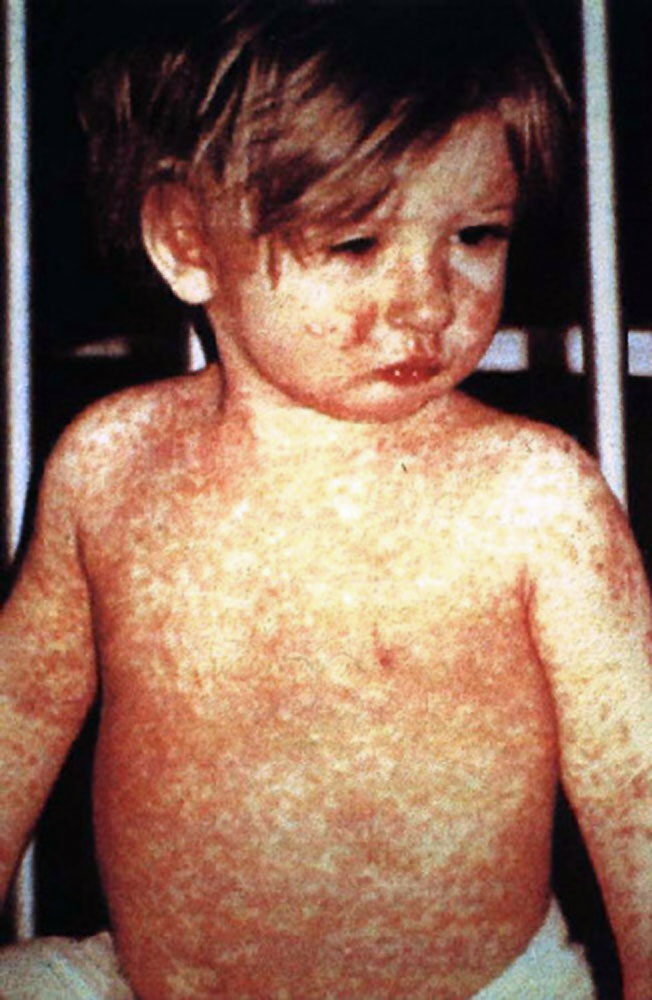Ireland's STI Clinics Face Growing Demand Amid Health Strategy Changes

In Ireland, sexually transmitted infection (STI) clinics are increasingly strained as they grapple with rising demand, according to the newly published National Sexual Health Strategy for 2025 to 2030 by the Department of Health. This strategy aims to enhance access to free contraception for individuals aged up to 55 and expand STI testing capabilities, as officials and health experts warn of significant challenges in meeting these health needs.
The strategy indicates a critical shortage of resources in public services dedicated to STIs, resulting in extended waiting times for patients. 'There is inequitable access to public services for STIs, and our clinics are currently operating at capacity,' stated Minister for Health Jennifer Carroll MacNeill during the strategy's launch on June 25, 2025.
Emerging health concerns, including the uptick of infections such as mpox, have further intensified the pressure on these vital services. The strategy underscores the necessity for additional capacity in STI clinics to ensure resilience in service delivery, particularly as the demand for testing continues to escalate. Notably, the introduction of a free home STI testing service has reportedly increased testing capacity by approximately 33%.
Furthermore, the uptake of pre-exposure prophylaxis (PrEP) for HIV prevention has surged dramatically since its introduction in 2019. Data from the Department of Health reported that the number of individuals accessing PrEP rose from 1,763 in 2020 to 6,974 by the end of the previous year. Despite this progress, many PrEP services are nearing capacity, signaling a critical need for service expansion.
The National Sexual Health Strategy outlines a comprehensive approach to enhancing sexual health services, focusing on prevention, diagnosis, treatment, information dissemination, and surveillance of STIs and HIV. A critical component of the strategy is improving geographic equity in service access, ensuring that individuals across various regions receive adequate sexual health resources.
However, the strategy also acknowledges potential obstacles to implementation, including demographic shifts, increasing rates of chronic conditions, the emergence of drug-resistant STI variants, and the diverse needs of the population. 'The challenges posed by these factors highlight the urgency of expanding our services,' said András Költő, a researcher at the Health Promotion Research Centre, University of Galway, and co-ordinator of the Irish National Survey of Sexual Health.
Following restrictions during the COVID-19 pandemic, there has been a notable rise in STIs. Költő emphasized that the increase is particularly concerning among young women, who are reporting higher rates of gonorrhea than previously recorded. 'If untreated, these infections can have significant long-term implications on reproductive health,' he warned, highlighting a troubling trend among sexually active adolescents, particularly a decrease in condom usage.
The strategy's ambitious goals include extending free contraception to all individuals up to age 55 and implementing a care model that prioritizes comprehensive sexual health services. This includes enhancing access to vaccines related to sexual health and ensuring that the burden of contraception does not disproportionately fall on women.
As Ireland navigates these pressing health challenges, the effective implementation of the National Sexual Health Strategy will be crucial in addressing the growing demand for STI services and improving the overall sexual health landscape across the nation. Health officials and researchers alike stress the importance of a proactive and inclusive approach to sexual health that adapts to the evolving needs of the population.
Advertisement
Tags
Advertisement





